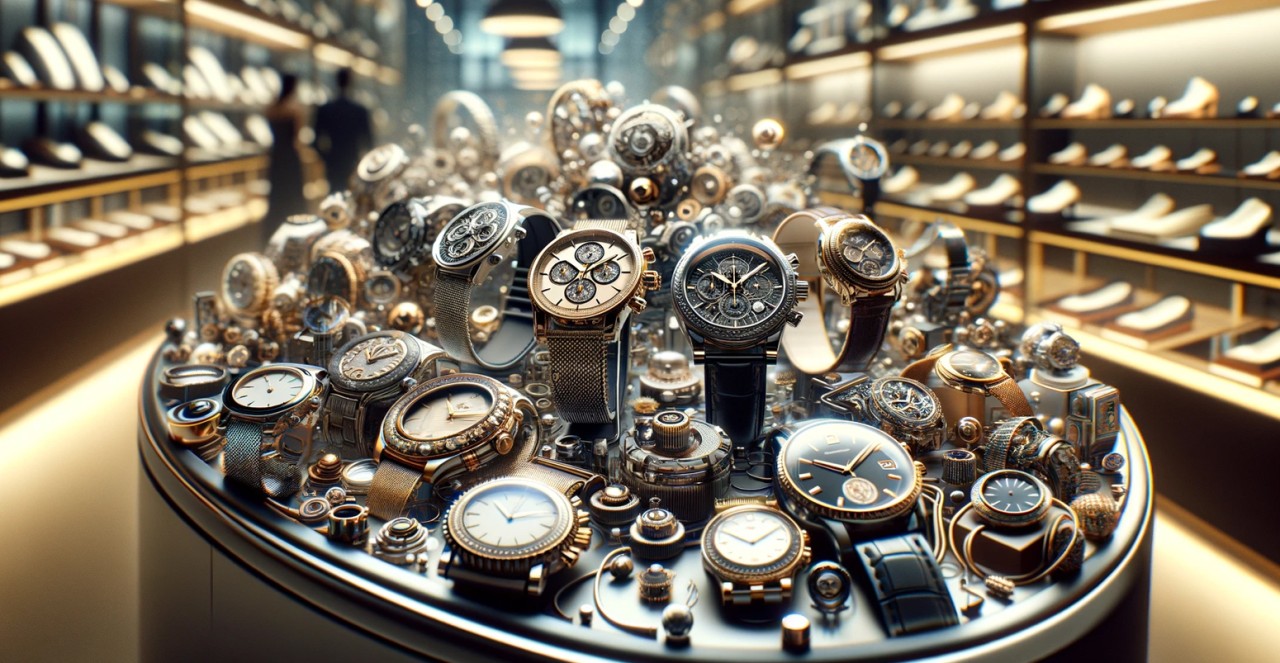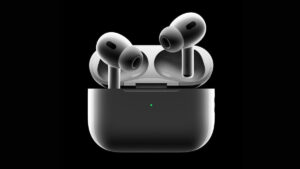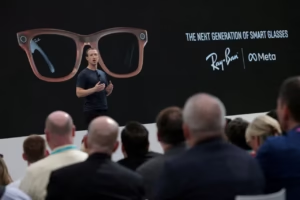The luxury watch industry has long been associated with craftsmanship, tradition, and precision. However, in recent years, artificial intelligence (AI) has begun to leave its mark on the world of high-end timepieces, pushing the boundaries of design, manufacturing, customer service, and even personalization. As AI continues to evolve, it is transforming the way luxury watches are created, sold, and experienced by consumers.
In this article, we explore how AI is reshaping the future of the luxury watch industry, offering new opportunities for innovation while maintaining the essence of craftsmanship and luxury.
- 1. AI in Watch Design and Development
- 2. AI in Precision Manufacturing
- 3. Personalized Customer Experiences with AI
- 4. AI and the Integration of Smart Features in Luxury Watches
- 5. The Future of AI in Luxury Watch Retail
- 6. Ethical Considerations and AI in Luxury Watchmaking
- Conclusion: A New Era for the Luxury Watch Industry
1. AI in Watch Design and Development
Smart Design Tools
AI is revolutionizing the way designers approach watch creation. Generative design algorithms allow watchmakers to explore new forms and materials that may not have been possible through traditional design processes. By inputting specific parameters, such as weight, strength, and aesthetic preferences, AI can suggest innovative designs that meet functional and aesthetic requirements.
For example, AI-driven tools can help create ergonomically optimized watch cases or customized dials based on customer preferences, including color, texture, and style. These AI-assisted designs often lead to timepieces that push the boundaries of traditional watchmaking, blending artificial intelligence with heritage craftsmanship.
Material Innovation
AI also plays a key role in discovering new materials for luxury watches. AI algorithms can analyze the molecular structure of materials and predict their durability, weight, and aesthetic qualities, helping manufacturers select the best materials for specific watch components. This has resulted in the creation of lightweight, durable, and scratch-resistant materials, enhancing both the performance and luxury appeal of high-end timepieces.
2. AI in Precision Manufacturing
Automation in Watchmaking
While traditional watchmaking remains a highly skilled art form, AI is beginning to introduce a level of automation that improves precision and efficiency. In high-end luxury watchmaking, where the tolerances for each component are minuscule, AI-powered machines can detect even the smallest imperfections during the manufacturing process.
- AI-driven CNC machines (computer numerical control) are now able to carve intricate watch parts with precision that exceeds human capabilities, ensuring perfect symmetry and flawless construction.
- Quality control has also benefited from AI, as machine learning algorithms can spot defects or inconsistencies that might otherwise go unnoticed by human inspectors, resulting in a higher standard of craftsmanship across the industry.
Optimizing Movement Engineering
The heart of any luxury watch is its movement—the mechanical system that powers the timepiece. AI is helping to refine movement engineering by simulating complex interactions within watch movements. Using predictive models, AI can analyze how individual components interact over time and ensure that the movement operates at peak efficiency, reducing friction and wear and ultimately extending the lifespan of the watch.
3. Personalized Customer Experiences with AI
AI-Driven Personalization
AI is enabling luxury watch brands to offer highly personalized experiences for customers. By analyzing data such as purchasing history, browsing habits, and social media preferences, AI can recommend watches tailored to a customer’s unique style and needs. This personalized shopping experience enhances customer engagement and satisfaction, making consumers feel more connected to the brand.
Some luxury watch brands are even offering customized designs through AI, allowing customers to create bespoke timepieces. AI tools help customers experiment with different combinations of materials, colors, and features in real-time, offering a virtual preview of their ideal watch.
Enhanced Customer Support
AI is also improving customer support in the luxury watch industry. Chatbots and virtual assistants powered by AI are now able to handle customer inquiries 24/7, answering questions about product specifications, availability, and after-sales service. For more complex issues, AI can direct customers to human agents who can provide personalized support.
4. AI and the Integration of Smart Features in Luxury Watches
While traditional luxury watches are known for their mechanical craftsmanship, many brands are now incorporating smart technology into their timepieces, creating a hybrid of luxury and functionality. AI is playing a crucial role in this shift, allowing brands to offer advanced smart features without compromising on style or performance.
AI-Powered Smart Features
Luxury smartwatches, like the Apple Watch or TAG Heuer Connected, are integrating AI-powered features such as fitness tracking, real-time health monitoring, and voice assistants. These smart features allow the wearer to track heart rate, calories burned, or sleep patterns—all while maintaining the elegant design and craftsmanship expected of luxury timepieces.
Furthermore, AI allows these smart watches to learn from the wearer’s habits, offering more accurate insights into daily activities and offering personalized health tips.
Hybrid Timepieces
Some traditional luxury watchmakers are introducing hybrid watches that combine mechanical movements with smart features. For example, an analog watch may have a digital display powered by AI that shows notifications or tracks fitness metrics, all while maintaining the aesthetic appeal of a traditional luxury timepiece. These innovations allow consumers to enjoy the best of both worlds—classic craftsmanship and modern functionality.
5. The Future of AI in Luxury Watch Retail
AI-Driven Market Insights
AI is also shaping the future of luxury watch retail. By analyzing vast amounts of customer data, AI can provide valuable insights into market trends, consumer preferences, and purchasing behavior. This allows luxury watch brands to better understand their target audience, optimize their product offerings, and create more effective marketing strategies.
Virtual Try-Ons and Augmented Reality (AR)
In the retail space, AI is being combined with augmented reality (AR) to offer virtual try-ons. With the help of AR, customers can virtually “try on” luxury watches through their smartphones or in-store displays, allowing them to see how a particular timepiece will look on their wrist before making a purchase. This eliminates the need for physical trials and provides a more convenient shopping experience.
6. Ethical Considerations and AI in Luxury Watchmaking
As AI continues to influence the luxury watch industry, ethical considerations regarding data privacy, labor practices, and sustainability will become increasingly important. Watchmakers will need to ensure that AI-driven designs and manufacturing processes are transparent and sustainable, aligning with the values of their high-end clientele.
The ethical use of AI will be crucial in maintaining the reputation of the luxury watch industry as a purveyor of both quality and responsibility.
Conclusion: A New Era for the Luxury Watch Industry
Artificial intelligence is undoubtedly reshaping the future of the luxury watch industry, blending traditional craftsmanship with cutting-edge technology. From innovative designs and precision manufacturing to personalized experiences and the integration of smart features, AI is creating a more sophisticated, customer-centric, and efficient industry.
While luxury watches will always remain symbols of prestige and timelessness, AI is helping the industry evolve to meet the demands of a new generation of watch enthusiasts who expect the perfect balance of luxury, style, and innovation. As AI continues to advance, the possibilities for the luxury watch industry are limitless, and it will be fascinating to see how this technology continues to shape the world of horology.














